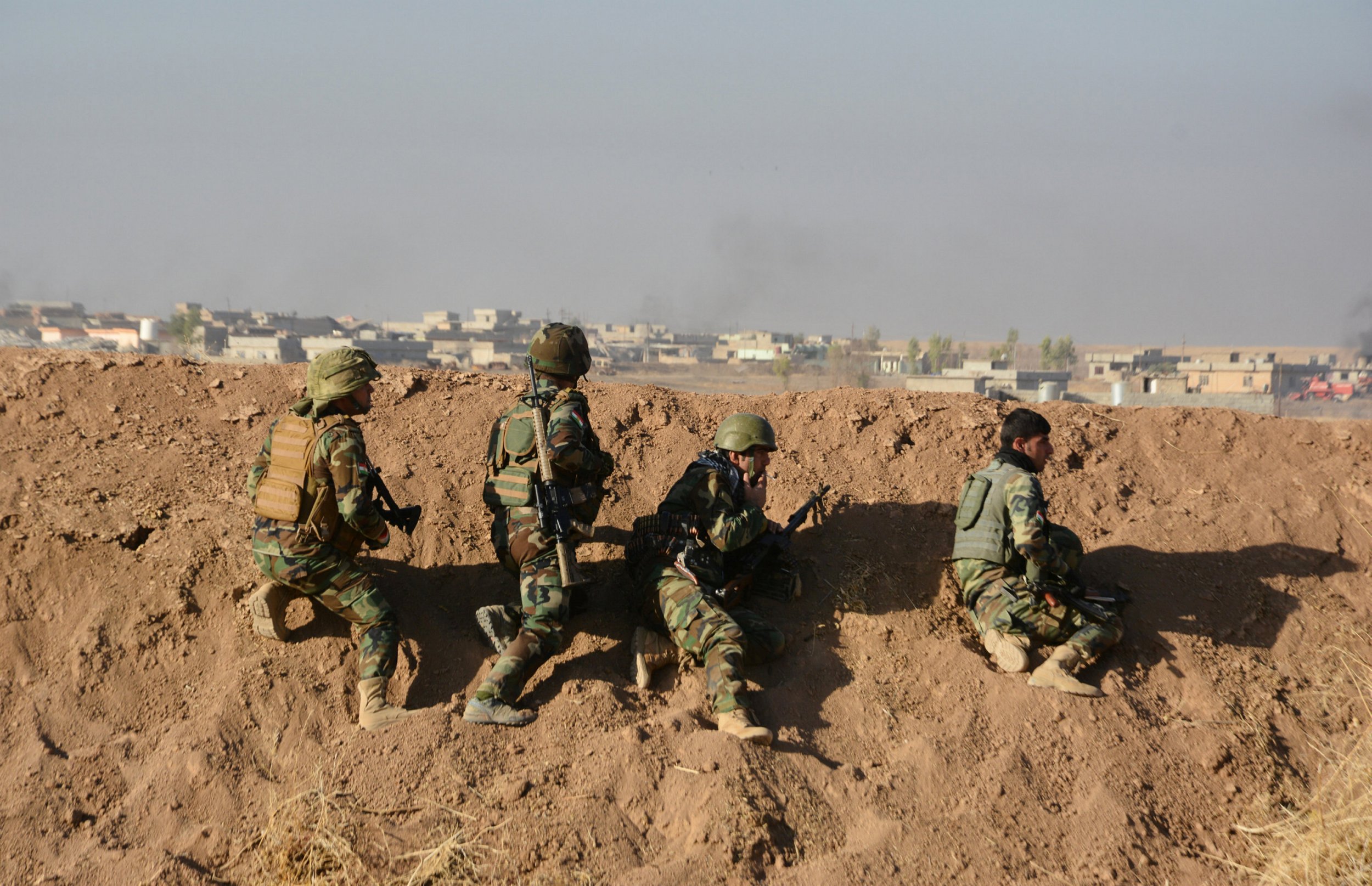
This article first appeared on the Cato Institute site.
With support from American airstrikes and special operations forces, Iraqi forces have launched the battle to retake Mosul from the Islamic State militant group (ISIS).
The fighting promises to be difficult. Though the Iraqis estimate that there are no more than about 5,000 ISIS fighters in the city, ISIS has had more than two years to dig after taking the city in June 2014.
American and Iraqi officials have warned it could take weeks or even months to liberate Mosul. The real danger for the United States, however, is what happens after Mosul.
Even in the best-case scenario—a quick defeat of ISIS and the destruction of its self-proclaimed caliphate—Iraq will face the monumental task of consolidating its hold on its territory, rebuilding its cities and critical infrastructure, and charting a course toward a healthier national politics, all while dealing with violent extremism, sectarianism and external intervention from both the United States and Iran.
The situation after Mosul will be like the situation after the Iraq War, on steroids.
Instead of looking ahead to the promise of democracy, Iraq will be grappling with more than a decade of political failure. Instead of tens of thousands of American forces to provide at least some semblance of stability, Iraq must look to its own troubled security forces. Instead of confronting an Al-Qaeda in nascent form, Iraq must deal with an ISIS that no one believes will wither with defeat in Mosul. In short, Iraq is a mess and unlikely to fix itself soon.
And therein lies the danger of Mosul for the United States. If the U.S. believed it was necessary to help rebuild Iraq after the 2003 war, how much more powerful will the temptation be to stick around this time, given the situation?
It is difficult to see a President Trump or a President Clinton making the decision to pull back once the primary fight against ISIS is won. Instead, the United States is likely to expand its presence in, and support to, Iraq in the years to come in the name of counterterrorism.
The past 15 years, however, have made clear that long-term nation building projects like Afghanistan and Iraq are extremely costly and uncertain projects.
In Afghanistan, after 15 years and hundreds of billions spent in development and military aid, the country remains in shambles, extremist violence and conflict are rampant, and only the continued presence of coalition military forces prevents the Taliban from retaking the country.
In Iraq, of course, regime change provided the opportunity for ISIS to emerge, despite the presence of thousands of American troops and billions of dollars in assistance. And these failures occurred despite the fact that Afghanistan and Iraq were in many ways best-case scenarios, given the level of influence and control the United States exerted in both places.
So why, exactly, should the United States expect things to go better in Iraq after Mosul when the fundamentals on the ground are now so much worse than they were after the Iraq War?
The worst-case scenario after Mosul is that America's next president decides that the only way to prevent the re-emergence of ISIS is to reoccupy Iraq with U.S. troops to prop up the Iraqi government. The longer the United States military stays in Iraq, the more motivation it will give to ISIS, Al-Qaeda and others who resent the U.S. presence in the Middle East.
In addition to making life dangerous for U.S. troops in Iraq, that resentment will inevitably lead to more attacks, both in Iraq and in the United States and Europe. And even more frustrating, those costs will compound year after year while their impact on what really matters, the security of Americans here at home, will be negligible.
Killing attackers abroad sounds comforting, but 15 years of the "war on terror" has only served to increase the number of attackers while not lowering the number of attacks on the American homeland.
Moreover, although ISIS is certainly a threat to Iraq and Syria, it is on the run today. However, it is not and has never been a major threat to the United States.
Though every Islamist-inspired attack is a tragedy, the price the United States has paid for 15 years of military intervention has been a self-inflicted wound far greater than any ISIS is capable of dishing out today.
It will be a great day in Iraq when government forces retake the nation's second-largest city back from ISIS. The United States should be happy for Iraq and take satisfaction from having helped make it possible.
But the next president should resist the temptation to stick around and rebuild Iraq again.
Trevor Thrall is a senior fellow for the Cato Institute's Defense and Foreign Policy Department. He is an associate professor at George Mason University's Schar School of Policy and Government. His book American Foreign Policy and the Politics of Fear: Threat Inflation Since 9/11 (Routledge 2009) examined why and how the Bush administration was able to build public support for the Iraq War in 2003. The companion volume, Why Did the United States Invade Iraq? (Routledge 2011), collects competing explanations about why the administration decided to go to war in the first place.
Uncommon Knowledge
Newsweek is committed to challenging conventional wisdom and finding connections in the search for common ground.
Newsweek is committed to challenging conventional wisdom and finding connections in the search for common ground.
About the writer
To read how Newsweek uses AI as a newsroom tool, Click here.








